Africa
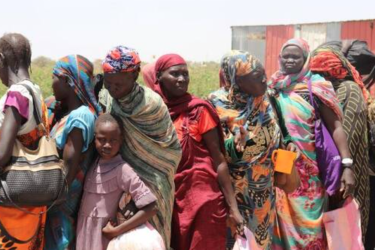
The structural roots of Sudan’s ongoing devastation
Muzan Alneel — The brutality of the current war in Sudan is the result of decades of conflict and repression.

Critical minerals and genocide in the Congo
What’s behind the sudden surge in interest in rare earth minerals? Phil Hearse investigates.

Trump tariffs and US imperialism
Gillian Hart — Beneath the turmoil of Trump’s tariff blitz lies a battle between technocrats, ultranationalists and anti-imperial populists, all vying to reshape, or destroy, US global power.
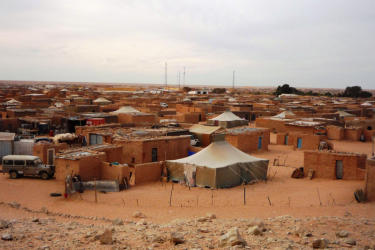
Western Sahara: Colonialism, labor and imperialist complicity
Isabel Lourenço — This year marks 50 years since Morocco’s illegal occupation of Western Sahara: a colonial occupation sustained by a repressive military apparatus, a deliberate policy of demographic substitution, and a web of international complicity.
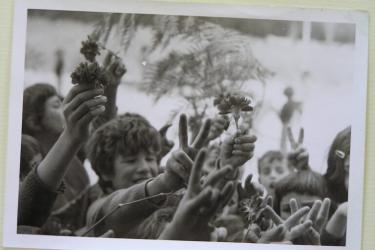
When ‘the future was now’: Prefigurative politics and Portugal’s Carnation Revolution
Raquel Varela and Roberto della Santa provide insight into the workings of Portugal’s Carnation Revolution, recognising it as the culmination of a number of processes, most significantly, the anticolonial uprisings that were shaking the Portuguese empire.
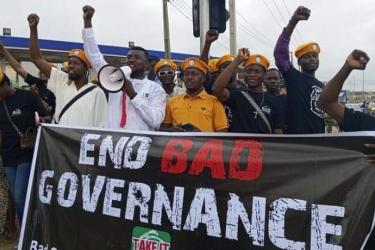
Mass struggles, organised labour and the left in 21st century Nigeria
Baba Aye — Working-class people and youths of Nigeria have waged struggles of great significance over the last twenty-five years.
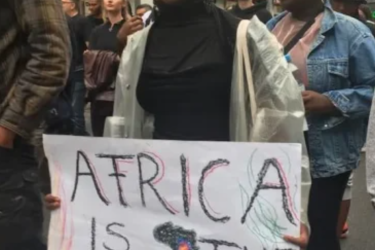
The state of Africa in the new world (dis)order
Will Shoki — Africa today stands at a crossroads, caught between internal crises, shifting global power dynamics, and the slow unraveling of the post-liberation political order.
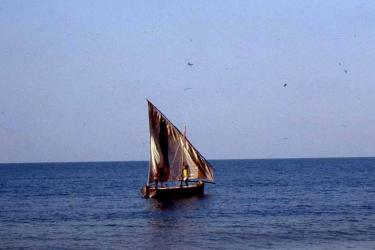
A tale of two ports: Africa, Asia and the subimperial scramble
Phil A Neel — Asia’s ascent and the gradual decline of the wealthiest countries’ investments in Africa do not represent the decay of US hegemony, but instead its strengthening through the agglomeration of new, subimperial power centers.
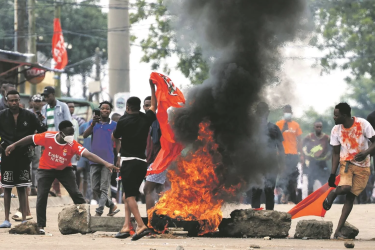
The Mozambican people enter the political realm
Rehad Desai — A potted history of Mozambique’s ruling party is required to help fully grasp why the country is unravelling, creating an uprising of discontent.
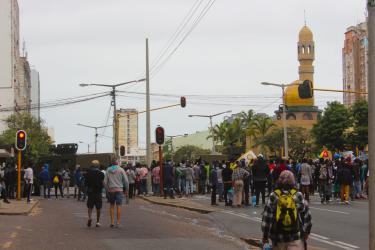
The crisis of African liberators
Marílio Wane — As Mozambique nears 50 years of independence, its ruling party clings to power amid political turmoil, contested elections, and growing public discontent. Is this the beginning of a new struggle for liberation?
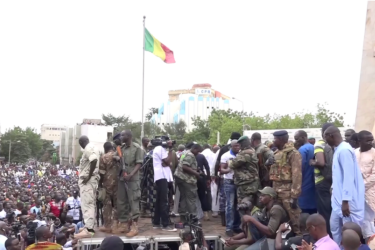
West African juntas are undermining human rights
Salvador Ousmane paints a damning picture of the African military juntas that came to power in West Africa in recent years, but sees hope in the resilience of trade union activism, which continues to persist despite repressive conditions.
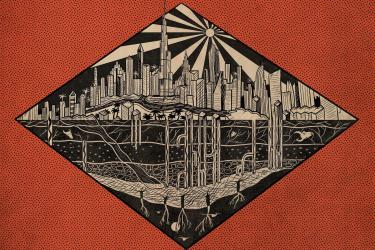
The emerging sub-imperial role of the United Arab Emirates in Africa
Husam Mahjoub — Understanding the UAE’s role in reshaping regional geopolitics is critical to challenge imperialist power structures effectively.
